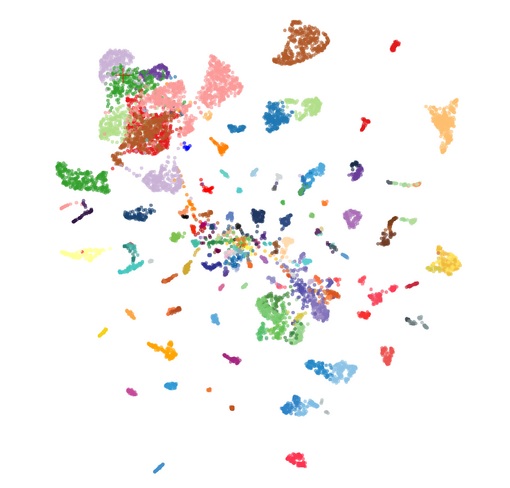AI Model Detects More Than 170 Cancer Types
Posted on 10 Jun 2025
Diagnosing brain tumors can be especially difficult when the tumor is located in a region where biopsies pose high risks. In such scenarios, where obtaining tissue samples is not feasible, conventional diagnostic pathways fall short. Researchers have now developed an artificial intelligence (AI) model that identifies tumors with high accuracy using epigenetic data, offering a safer, faster alternative to invasive procedures.
This breakthrough by researchers at Charité - Universitätsmedizin Berlin (Berlin, Germany) was the result of a collaboration with multiple partners to create a non-invasive diagnostic tool that could deliver reliable tumor classification. The result was the AI model named crossNN, which is based on a simple neural network architecture. The model analyzes the epigenetic fingerprint of tumors—specific genetic features that can be obtained from sources like cerebrospinal fluid—without the need for surgical biopsies. These fingerprints are unique to each tumor and provide critical insight into tumor behavior, structure, and growth tendencies. crossNN was trained using a large dataset of reference tumors and later tested on over 5,000 tumor samples. The model achieved a diagnostic accuracy of 99.1% for brain tumors, outperforming existing AI tools and even traditional histological methods.

Furthermore, the researchers extended this approach to create another model capable of distinguishing more than 170 tumor types across different organs, with an impressive accuracy of 97.8%. This innovation holds particular promise for patients with rare tumors or those at high risk from biopsy procedures. By enabling molecular classification without tissue extraction, the AI model not only speeds up diagnosis but also supports personalized treatment planning. The tool may also play a key role in identifying candidates for experimental therapies tailored to rare tumor subtypes. The researchers emphasize the importance of transparency in clinical AI applications. For regulatory approval, the model must be fully explainable, meaning that clinicians can trace and understand how it reaches its conclusions.
"Although the architecture of our AI model is far more simple than previous approaches and therefore remains explainable, it delivers more precise predictions and therefore greater diagnostic certainty," said bioinformatician Dr. Sören Lukassen.
Related Links:
Charité - Universitätsmedizin Berlin














